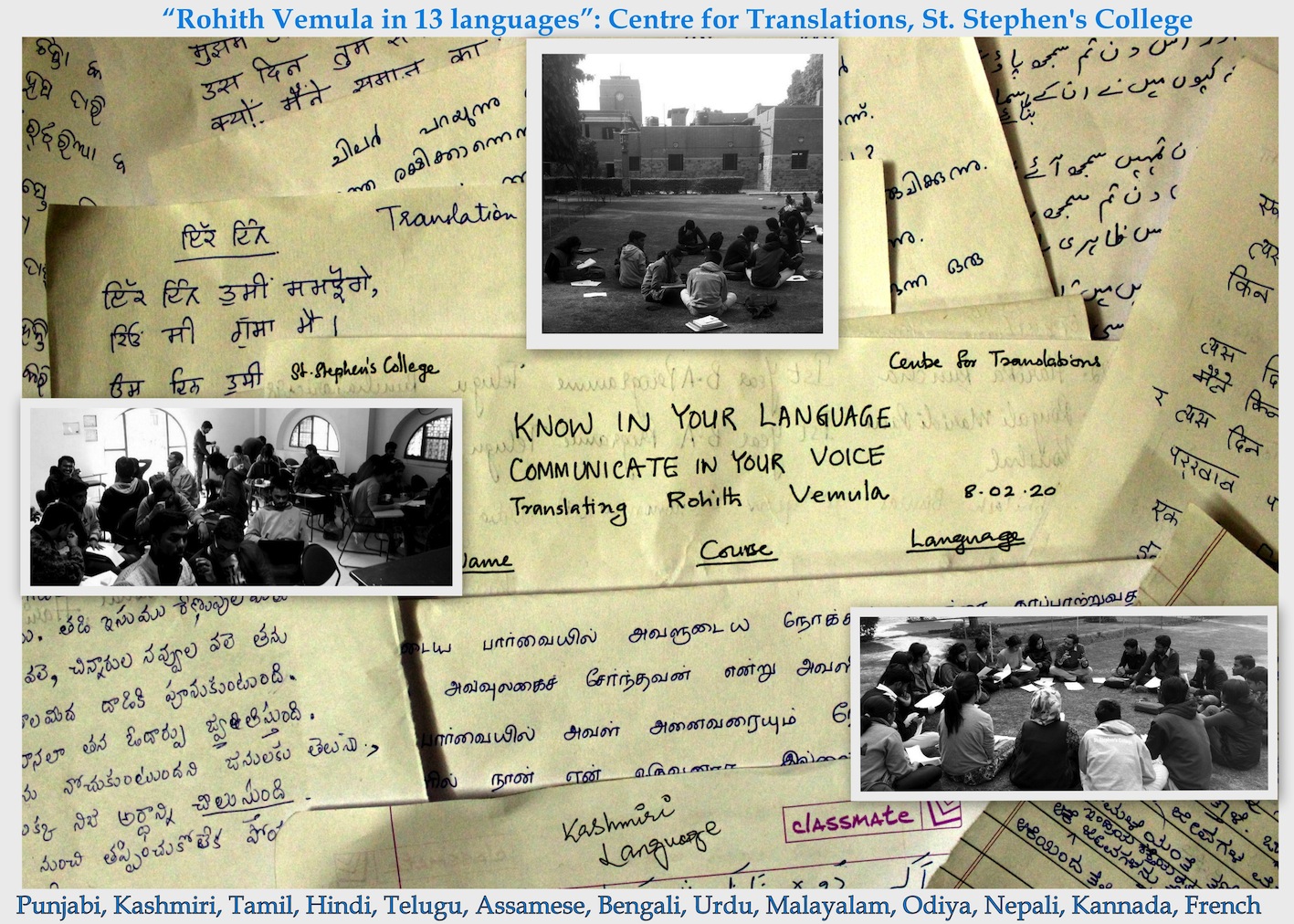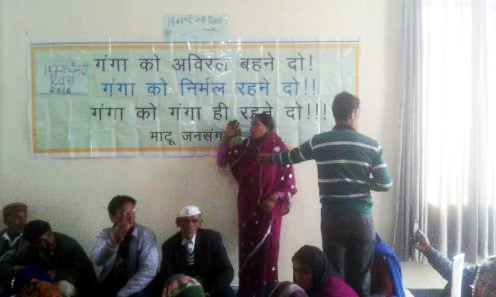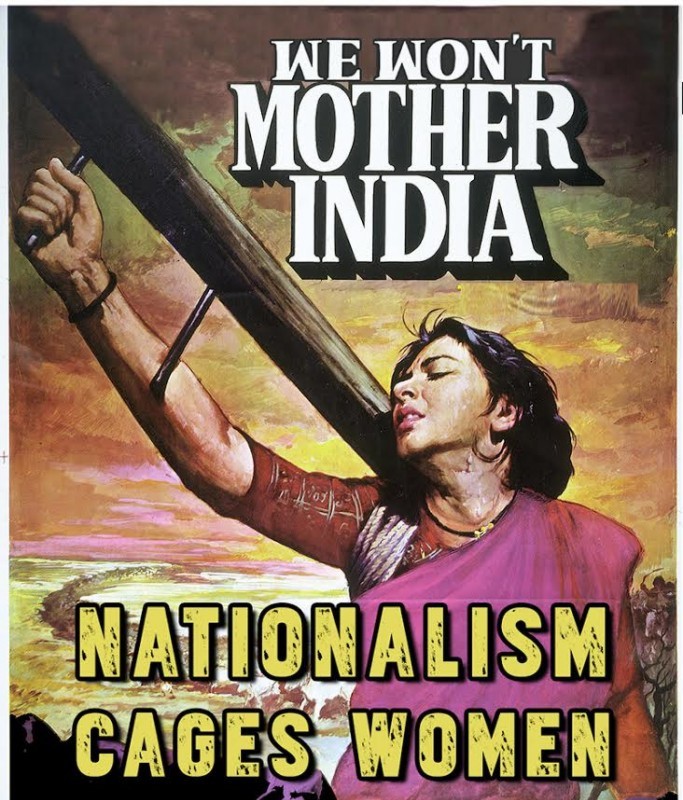
"When a powerful media like television turns against voiceless and powerless citizens, this is a matter of great concern in a democracy. In Pakistan too this has not happened; though the State turned against its people, the media did not," Gauhar Raza to SabrangIndia.
Outraged and aggrieved at being portrayed as anti-national (See Link) well known poet, scientist and academician Gauhar Raza has lodged a strong complaint. (Here is a copy). The complaint to Zee News has alleged that the show “caused serious and severe harm to my reputation and has endangered the safety of my family and me.” Raza has also sought a corrigendum, public apology and compensation of Rs one crore from the channel.
In a letter and e-mail to Prasanna Raghav, the additional vice president for strategy and execution at Zee Media Corporation Limited, Raza has alleged that the telecast of the programme – Afzal Premi Gang ka Mushaira – which first aired on March 9, 2016 with multiple telecasts over the following days, constituted a “grave and repeated breach of the News Broadcasters Association’s Code of Ethics and Broadcasting Standards.” Raza states that the programme, ostensibly on the annual Shankar-Shad Mushaira that took place in New Delhi on March 5, was highly defamatory and repeatedly pronounced him an “anti-national.” This was highly prejudiced and baseless, the complaint states.
The notice also contains a detailed letter to the Zee News by writers, Ashok Vajpeyi, poet, Shubha Mudgal, Singer, Sharmila Tagore, actor, Naseeruddin Shah, actor. Syeda Hameed, writer jointly citing the violations of the law and guidelines.
Raza has said that at the poet’s conclave, he had recited some poems but the Zee programme only telecast selective portions of certain poems. “At the aforesaid event, I recited three poems; one poem which I had written in 1989 about the murder of street theatre and cultural activist Safdar Hashmi; another poem that I had written in 2010 about the killing of two journalists in Iraq and the third poem that I have written in this year,” he wrote. Sabrangindia had posted the selection of Gauhar Raza’s poetry and this can be read here.
The Notice to Zee News points out the following Violations:
“The programme telecast by you is in serious violation of a series of guidelines and standards laid down by the National Broadcasters Association, which Zee News as a members of the NBA is obliged to respect and follow.
The NBA has laid down that,
1. Professional electronic journalists should accept and understand that they operate as trustees of public and should, therefore, make it their mission to seek the truth and to report it fairly with integrity and independence. Professional journalists should stand fully accountable for their actions. (Section 1, Fundamental Principles, Code of Ethics and Broadcasting Standards, NBA.)
The NBA has prescribed that neutrality is a fundamental principle of electronic journalism,
4. Broadcasters shall, in particular, ensure that they do not select news for the purpose of either promoting or hindering either side of any controversial public issue. News shall not be selected or designed to promote any particular belief, opinion or desires of any interest group.
5. The fundamental purpose of dissemination of news in a democracy is to educate and inform the people of the happenings in the country, so that the people of the country understand significant events and form their own conclusions. (Section 1, Fundamental Principles, Code of Ethics and Broadcasting Standards, NBA.)
The principles for self-regulation laid down by the NBA place further emphasis on accuracy of information and facts,
1) Impartiality and objectivity in reporting: Accuracy is at the heart of the news television business. (Section 1, Fundamental Principles, Code of Ethics and Broadcasting Standards, NBA.)
Further, the NBA standards, specifically direct News channels that,
…news channels must strive to ensure that allegations are not portrayed as fact and charges are not conveyed as an act of guilt. (Section 1, Fundamental Principles, Code of Ethics and Broadcasting Standards, NBA.)
The NBA has prescribed certain ‘Principles for Self-regulation’,
The purpose of putting together the principles of self regulation is to avoid compromising the genre of television news by broadcasting content that is malicious, biased, regressive, knowingly inaccurate, hurtful, misleading, or aimed at willfully concealing a conflict of interest. (Section 2, Principles for Self-Regulation, Code of Ethics and Broadcasting Standards, NBA.)
Besides, the notice states that the Zee news programme violates the principles of impartiality, objectivity and neutrality, contained in the News Broadcasters Association’s Code of Ethics and Broadcasting Standards. The programme aired by Zee News has displayed a blatant disregard for either professional integrity or the truth. Each of the ‘Principles for Self-regulation’ have been flouted by Zee News by telecasting content that is malicious, biased, regressive, knowingly inaccurate, hurtful, misleading.
Providing links to the programme, Raza said in his complaint that the comments and assumptions telecast by Zee News were framed in an “aggressive, intimidating, and browbeating style,” and was telecast with commentary and taglines labelling him as “anti-national poet.” Part of the programme (Afzal Premi gang ka Mushayra | Part I of the programme linked Raza’s poems to recent incidents at Jawaharlal Nehru University; in an attempt to draw a parallel to the protests at the university, the programme showed him recite “Yeh mat bhulon agli naslein jalta shola hoti hain, Aag kuredogay chingari daaman tak to aayegi” (roughly translated to mean, do not forget the future generations are like ambers, if you would dig into them, the sparks will reach you).
Another poem recited by Raza reflected on the return of awards by artistes in the wake intolerance debate, ignited by the killing of Mohammad Akhlaq in Dadri over rumours that he had eaten beef. “Phankaron say poochtay hain kyon lotaye samman, Poochon kitnay chup baithain hain, chain unhay kab aayega” (They ask the artistes why they returned the awards, but they should ask those sitting silently what will make them rise).
Ironically, most of the poems recited by Raza were revolutionary in nature and reflected on the curbs on freedom, largely effected by extremist organisations. “Yeh matt khao, woh mat pehnon, ishq toh karna bilkul mat, desh droh ki chhap tumhaaray upar bhi lag jayegi” (Be careful of what you eat, do or say, or you too may be labeled an anti-national), one poem went on to say.
In his letter to Raghav, Raza said had recited three poems at the event, “one poem which I had written in 1989 about the murder of street theatre and cultural activist Safdar Hashmi; another poem that I had written in 2010 about the killing of two journalists in Iraq and the third poem that I have written in this year.”
The complaint by Gauhar Raza draws attention to to the provocative manner in which the poems were presented in the Zee News show. Raza wrote, “I watched the programme on Zee News channel on 9th March 2016 which contained reportage and commentary that is not only defamatory, malicious, false, motivated, and derogatory but also incendiary and telecast with a view to incite hatred, ill-will against me and endanger the security of me and my family. I am deeply aggrieved by this programme.”
He also raised an issue with the anchor, commentary and subtitles repeatedly referred to him as a member of the “Afzal Guru premi gang” and a “desh virodhi shayar,” and portrayed him as part of a gang that sought to break India into many parts. “These and similar highly defamatory and derogatory statements made throughout the Zee News programmes are completely unfounded and baseless,” he said.
He also asserted that some of the slogan shouting at JNU shown by the channel as part of the programme was based on doctored videos (HYPERLINK PLEASE https://sabrangindia.in/article/jnu-vc-briefs-media-‘rustication’-keeps-deans-and-faculty-dark ) and the same has been proved by forensic analysis carried out by other TV channels and an enquiry ordered by the Delhi Government”.
As a member of the News Broadcasters Association, says Raza in his complaint, Zee News was obligated to respect and follow the guidelines and standards laid down by the body, going on to say that the programmes in question had violated the “principles of impartiality, objectivity and neutrality,” contained in the the association’s code of ethics and broadcasting standards.
“Further, the commentary by the Zee News anchor distorts and manipulates my poetry to give it a different imputation and colour, and falsely states that I made statements in support of Afzal Guru. Not only has the Zee News programme distorted the words of my poem, but has also added unfounded allegations against me which are designed to promote hatred against me. The programme carries only baseless conclusions after providing the viewer with inaccurate and concocted statements,” Raza charged.
Highlighting the dangerous consequences of such “malicious propaganda,” Raza said he had started receiving “several intimidating and threatening messages and emails” and that Zee News’ “hate campaign” was “causing a grave apprehension of harm to me and my wife Shabnam Hashmi who is also in public life.”
Along with the compensation and apology, Raza has also demanded that the channel give an undertaking that Zee News shall not telecast the programmes again. He has also demanded that the channel removes all copies of the programme from its websites, social media and the internet.
So far Raza has not received any response or acknowledgement from Zee News so far, adding that he had not approached senior editor and anchor Sudhir Chaudhary with the letter as it was not required. Raza said he would wait for a mandatory seven-day period for a response from Raghav before filing a complaint with the broadcasters’ association.
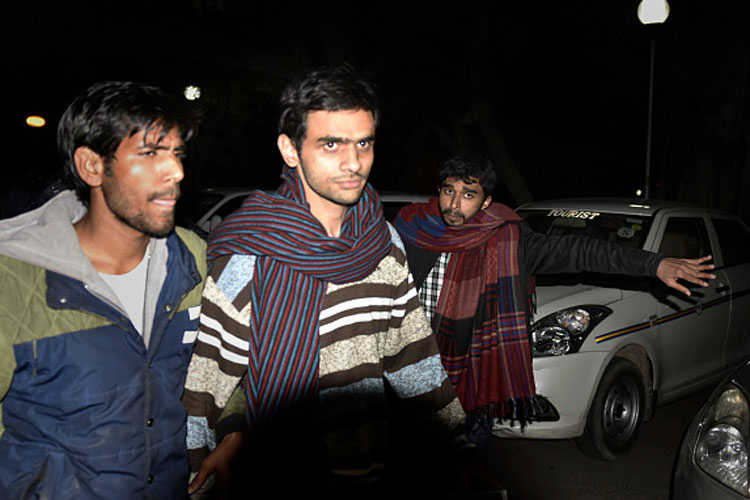

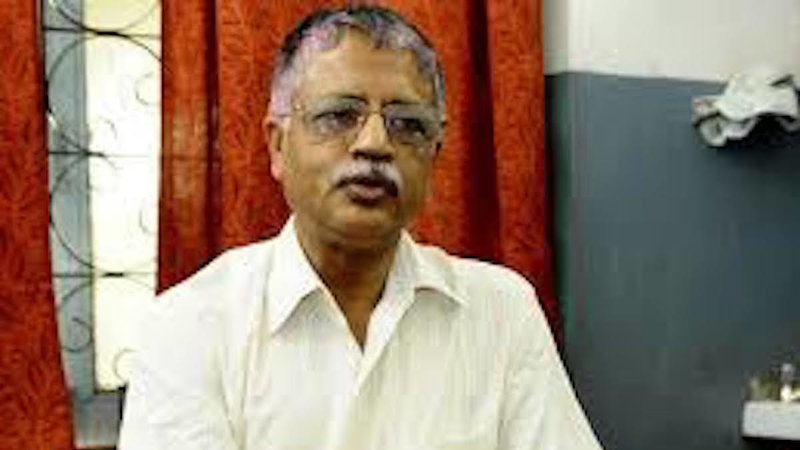
.jpg)




